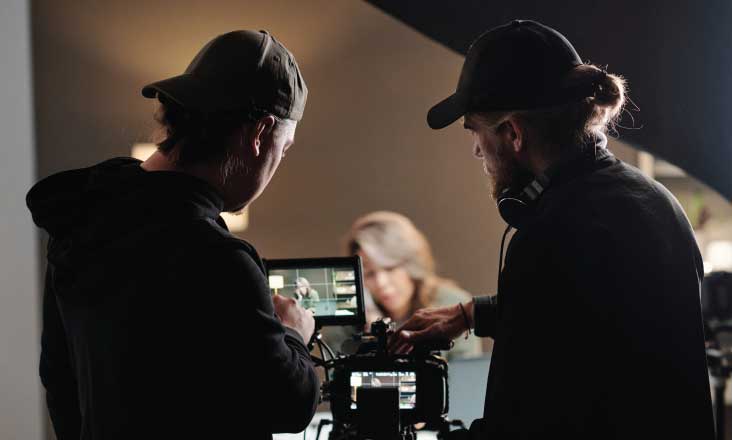OEPMA regularly assists personal injury law firms in enhancing their marketing game. Naturally, we often spend a few hours each week browsing the internet to observe the strategies of firms nationwide.
During one of our recent online excursions, we were examining TV commercials and stumbled upon one featuring a lawyer promoting the auto accident and personal injury sector of his practice. While the advert had the standard legal spiel, a particular line left us puzzled. We replayed it multiple times to decipher the incongruity.
The attorney said, “If you have been injured in an auto accident…” while looking directly at the camera with a smile, as if he were speaking about a heartwarming topic like rescuing a kitten. The discord between his words and his expression was glaring.
And no, this isn’t an opening for a lawyer joke. We genuinely believe that the attorney didn’t intend to smile in that segment. Throughout the commercial, he seemed awkward – overly formal and stilted. His lines felt forced.
Having crafted hundreds of scripts for attorney commercials, especially those for personal injury attorneys, we could discern the issue.
This attorney had likely been persuaded to use specific phrases in a precise order, convinced that it would resonate with viewers due to some arbitrary reasons.
The result? Words that weren’t truly his, leading to a presentation that came across as contrived and uncomfortable.
The core takeaway here is authenticity.
Is your marketing genuinely reflective of your message? Or is it a patchwork of elements, visuals, and sounds, pieced together based on trendy advice?
Our innate intuition, that gut feeling, alerts us when something feels amiss. Even if viewers can’t explicitly pinpoint it, they subconsciously register the discord, influencing their perception and decisions.
So, when planning marketing campaigns or producing videos, always prioritize authenticity.
A straightforward message delivered with genuine conviction can be far more impactful than a highly-produced line recited just because “it’s supposed to work.”





